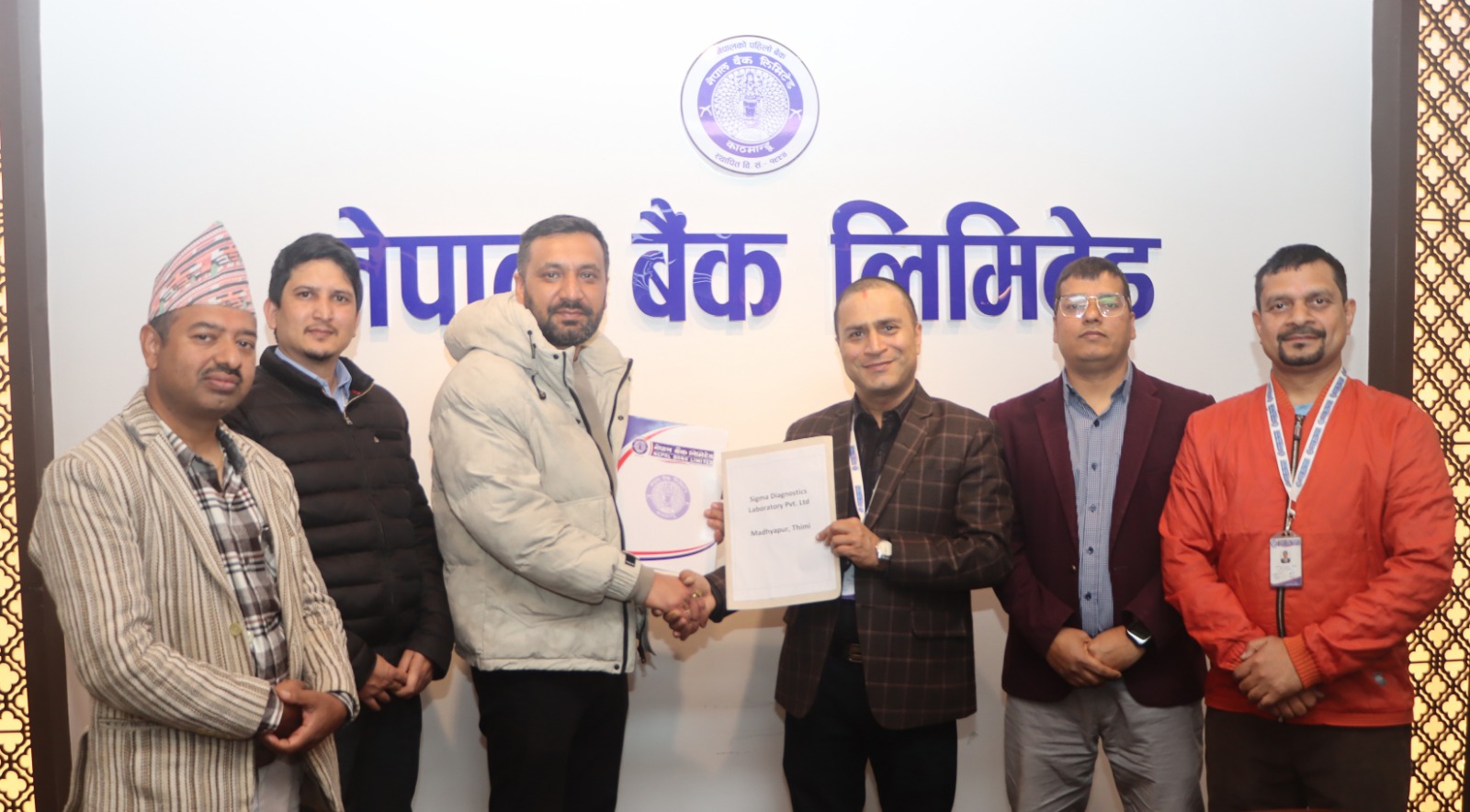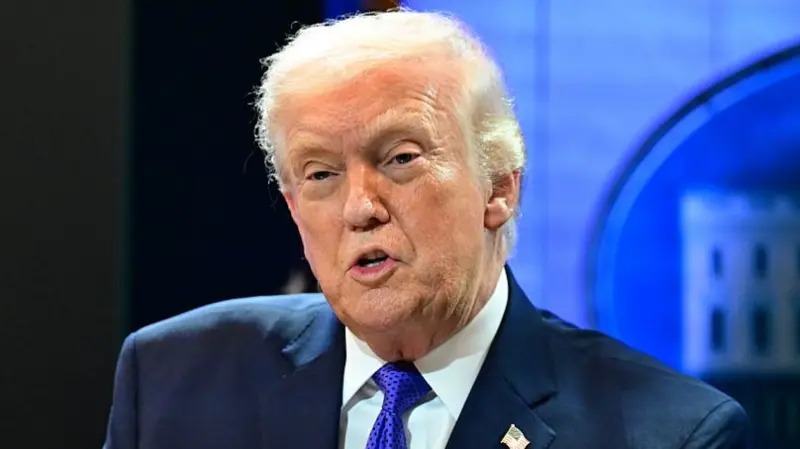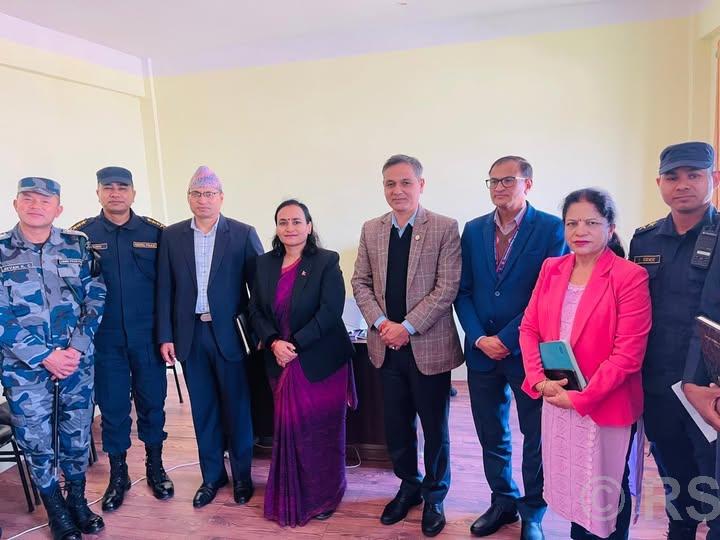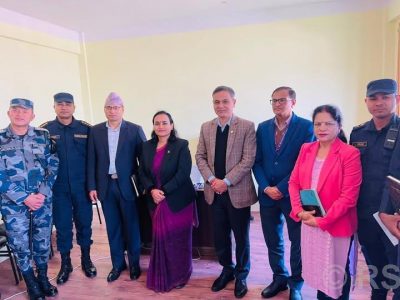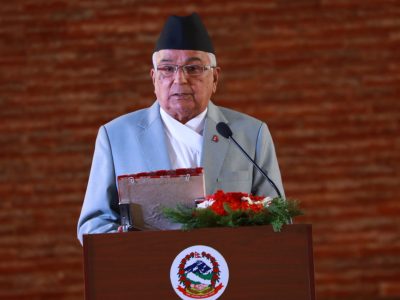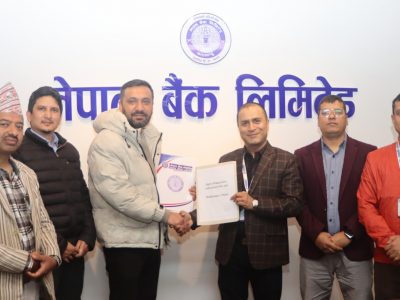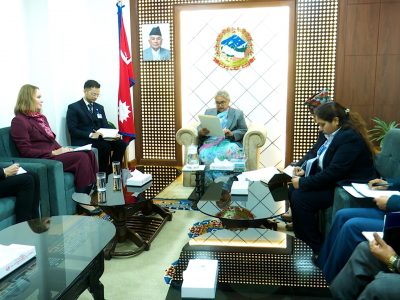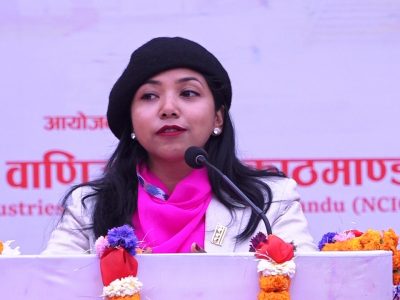UNICEF invests $100,000 on Nepali startup “RAHAT”
More than 400 startups from over 70 countries applied for the investment. eSatya(Rumsan) is one of 7 companies, handpicked by UNICEF.
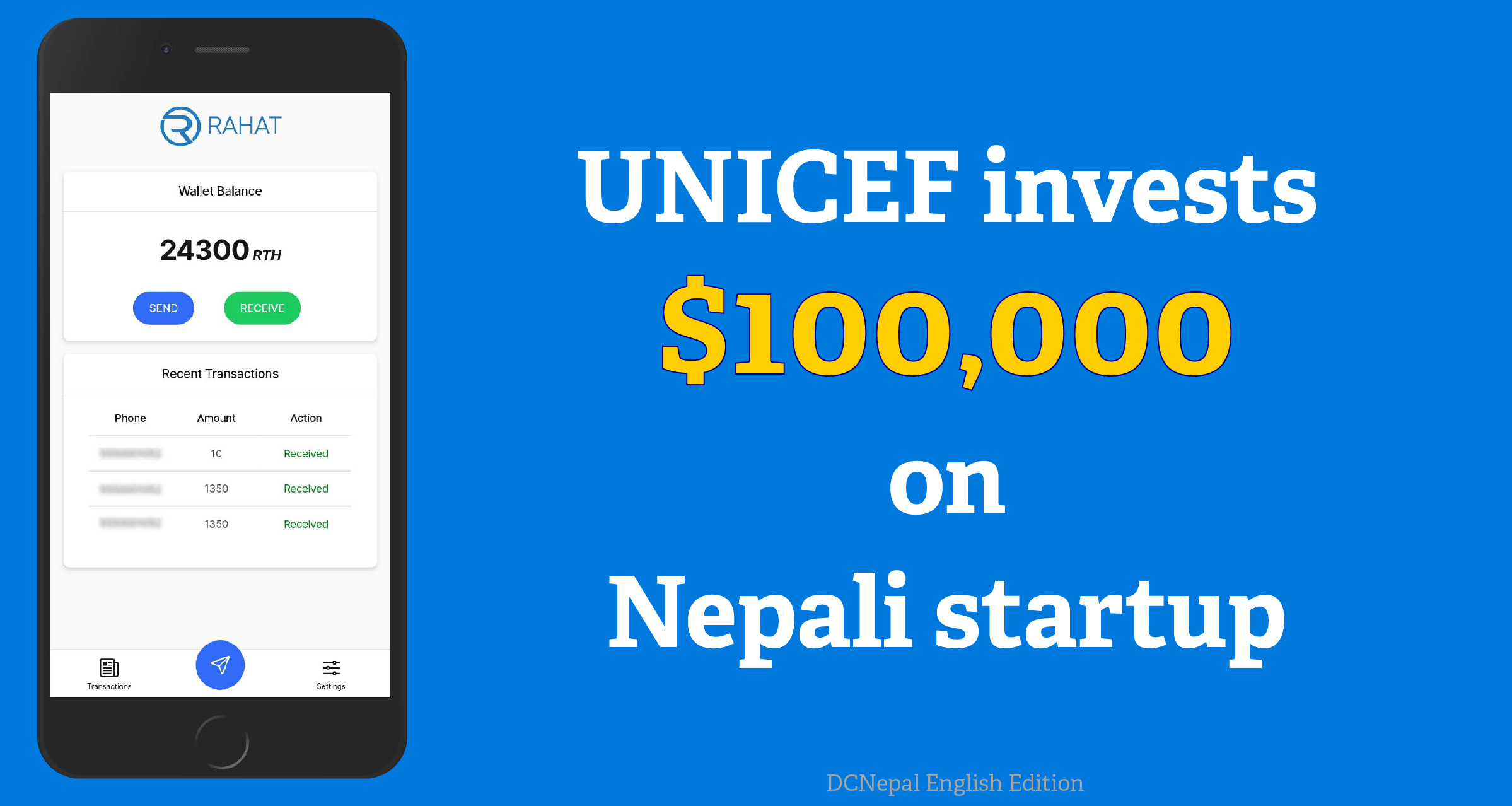
Kathmandu, June 11. The United Nations Children’s Fund (UNICEF) has announced to support Nepali blockchain startup “eSatya(Rumsan)” with an equity-free investment of $100,000 and a year-long mentorship.
Issuing an official release on Thursday, Rumsan said that the fund is provided to its open-source blockchain platform “Rahat”, which aims to make the aid distribution process efficient and transparent.
Rahat uses a mobile-based token system that monitors and manages the flow of aid, therefore plugging leakage caused by corruption and fraud. The system facilitates direct transfer between parties and helps reduce delivery time and associated risks.
These technologies have a crucial role in pandemic and post-disaster aid management, where quick and efficient delivery of aid is vital. Former secretary-general of the United Nations, Ban Ki-Moon has stated that around 30% of aid money is lost to corruption and fraud annually.
Pilot studies conducted during the COVID-19 pandemic showed that the team of RAHAT has been able to impact the lives of 150+ Nepali families with the direct use of the Rahat platform.
Co-founder of RAHAT, Rumee Singh said, “We are extremely thrilled and excited to be part of the UNICEF Innovation Fund’s larger cohort of startups working on blockchain-enabled solutions toward greater financial inclusion … We look forward to collaborating with like-minded innovators who believe in the power of blockchain technology for social impact.”
“I strongly believe this investment not only supports us but also encourages all innovators working with blockchain technology in Nepal to take their efforts further. UNICEF Innovation Fund’s support for us speaks volumes about the potential of open-source blockchain solutions,” Singh added.
📍Nepal @UNICEF welcomes Rumsan — developing a digital cash & voucher assistance management system, using mobile-based blockchain system for emergency response+recovery programs. https://t.co/pBmqHu66Gi pic.twitter.com/3D3cbc5AfB
— UNICEF Innovation (@UNICEFinnovate) June 9, 2021
Facebook Comment
latest Video
Trending News
- This Week
- This Month


